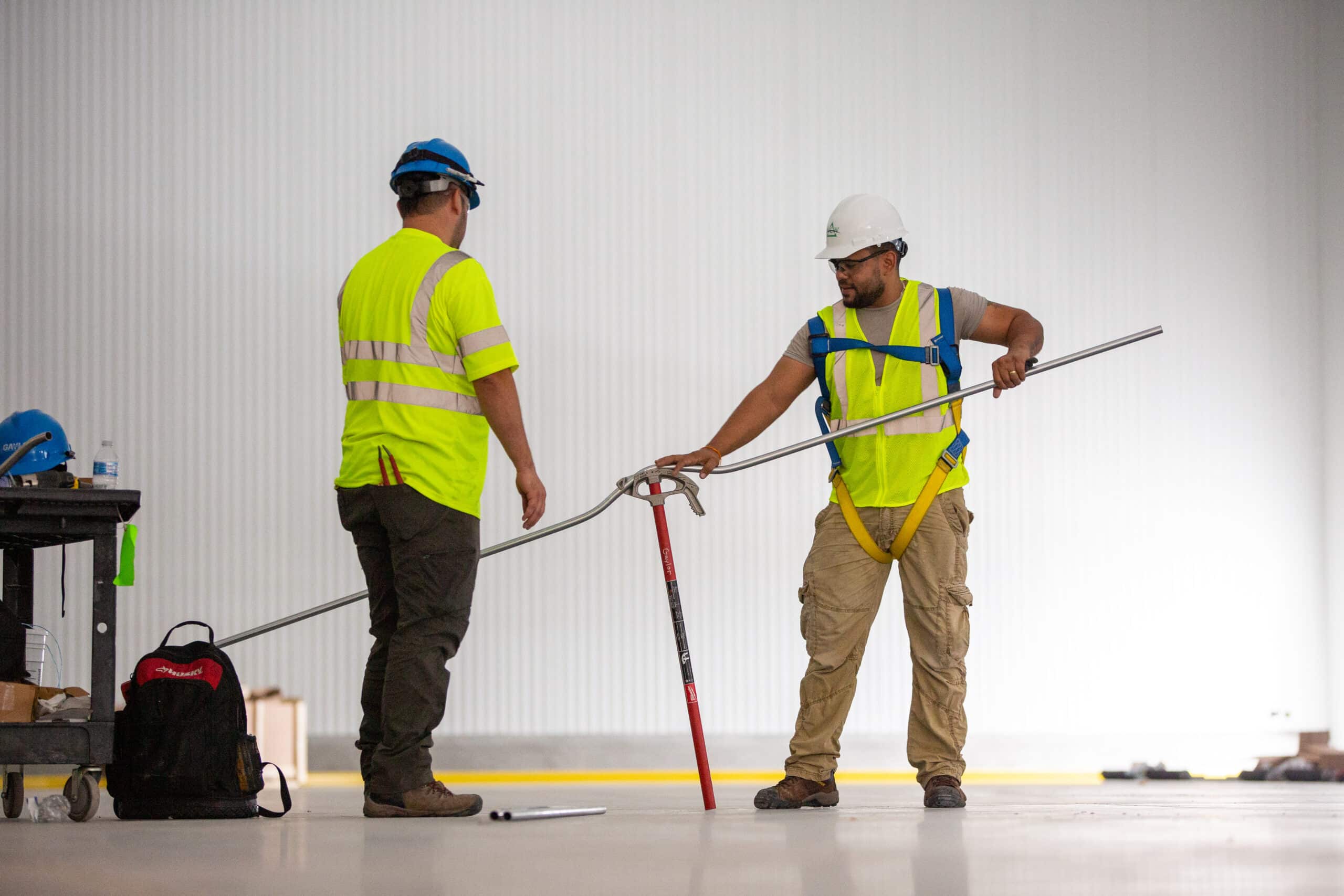
A pipefitter’s duties and responsibilities involve essential tasks in various industries where fluid transportation is crucial. Being a pipefitter is one of the most critical construction jobs since they are skilled professionals who install, maintain, and repair piping systems vital for processes like refining oil or distributing water.
Pipefitter Duties & Responsibilities
Pipe layout and installation involves precise measuring, cutting, and threading of pipes using materials like cast iron, copper, or plastic. Pipefitters fabricate, assemble, and secure pipes and related equipment using welding torches, pipe benders, and mechanical pullers.
Beyond the Basics
Piping inspection responsibilities require verifying the safety and functionality of piping systems, including pressure testing and interpreting blueprints or specifications.
Pipefitter jobs vary across industries, each with unique requirements and specifications outlined in documents like the automotive pipefitter duties PDF.
The Expertise of Pipefitters
Pipefitters excel in blending precision, dexterity, and problem-solving skills with a firm grasp of mechanics and construction. The profession demands a detailed understanding of the tasks, and pipefitters maintain a high level of expertise to support the infrastructure of several key industries.
Mechanical Pipefitting Insights
Mechanical pipefitter jobs require many skills and duties integral to this trade. This profession is a crucial construction job in regards to designing, installing, and maintaining pipe systems, reflecting various piping system responsibilities.
Pipe System Design and Installation
Pipe system design duties involve creating layouts for various systems, including water, steam, and fuel pipes, and they require a thorough understanding of blueprints and specifications.
Fitting and installation tasks are a big part of a pipefitter’s job. This includes choosing appropriate materials and assembling them into functional networks. The pipefitter job seeker must be adaptable and have technical and problem-solving skills.
Qualifications and Career Path
Pipefitters’ qualifications, such as vocational degrees, certifications, or licenses, are essential to their capability and dedication to the field.
Career advancement opportunities for pipefitters include supervisory roles, specialization, or expanding skills to encompass a broader range of mechanical functions.
Safety and Future Prospects
Safety remains a top priority, with pipefitters needing to adhere strictly to safety protocols and equipment standards due to the risks associated with their work.
The future for pipefitters looks bright, with ongoing technological progress and infrastructure development driving demand for their expertise.
In the mechanical pipefitting sector, the combination of technical skill, safety commitment, and adaptability forms the cornerstone of a pipefitter’s value, ensuring continued relevance and demand in the industrial landscape.
Let’s dig a little deeper into what pipefitters do.
The Multifaceted Role of Pipefitting
Pipefitters have many responsibilities that define their role, starting from fundamental blueprint analysis to the execution of complex piping system tasks.
Supervisory and Maintenance Roles
Manager-level pipefitter jobs entail overseeing the accurate placement and installation of pipes, which is critical to maintaining safety and operational efficiency.
Maintenance activities are essential, with pipefitters conducting regular checks, cleaning, and replacing parts to keep pipelines in optimal condition.
Technical Expertise and Preventive Measures
The role extends to pipe insulation responsibilities, such as applying thermal protection to pipes to regulate temperature, reduce condensation, and prevent freezing.
Pipe bending duties require high-level skills to achieve the precise angles needed for effective piping layouts, as well as the use of specialized tools and adhering to safety standards.
Pipefitting encompasses many duties, from pipe repair and maintenance to specialized tasks like pipe fitting, insulation, and bending. The profession demands a comprehensive skill set, safety knowledge, and the flexibility to address the unique challenges of each project. As a vital component in construction, pipefitters play a crucial role in sustaining the functionality and progression of our built environment.
